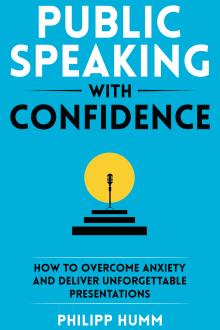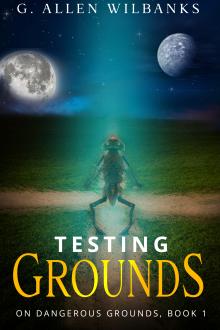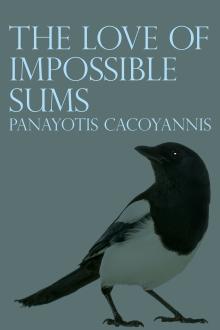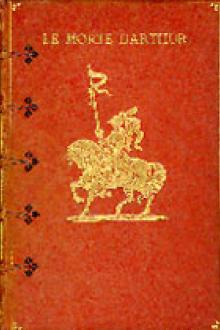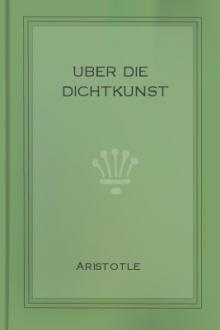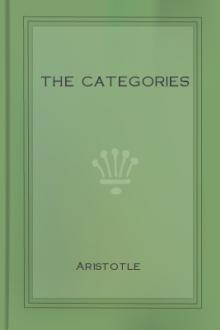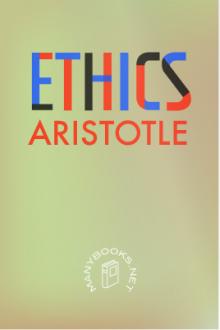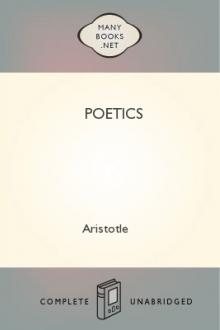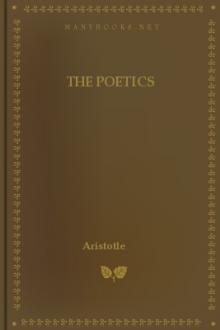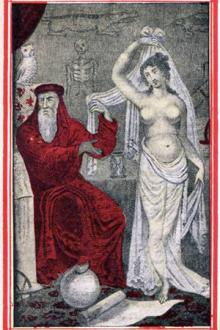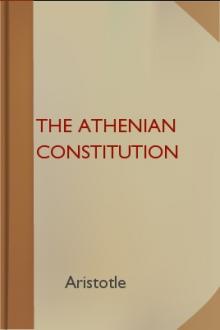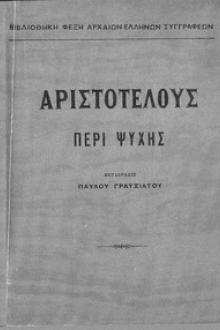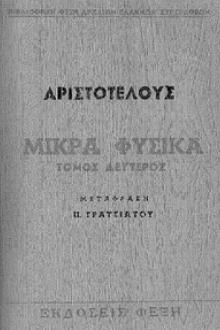Politics: A Treatise on Government
Politics: A Treatise on Government
The Politics of Aristotle is the second part of a treatise of which the Ethics is the first part. It looks back to the Ethics as the Ethics looks forward to the Politics. For Aristotle did not separate, as we are inclined to do, the spheres of the statesman and the moralist. (Translated by William Ellis.)
Book Excerpt
en the legislator and the craftsman on which Plato insists, breaks down because the legislator is dealing with men like himself, men who can to some extent conceive their own end in life and cannot be treated merely as means to the end of the legislator. The sense of the value of "ruling and being ruled in turn" is derived from the experience that the ruler may use his power to subordinate the lives of the citizens of the state not to the common good but to his own private purposes. In modern terms, it is a simple, rough-and-ready attempt to solve that constant problem of politics, how efficient government is to be combined with popular control. This problem arises from the imperfection of human nature, apparent in rulers as well as in ruled, and if the principle which attempts to solve it be admitted as a principle of importance in the formation of the best constitution, then the starting-point of politics will be man's actual imperfection, not his ideal nature. Instead, then, of beginning with a state which
FREE EBOOKS AND DEALS
(view all)Popular books in Politics, Classic, Fiction and Literature
Readers reviews
3.0
LoginSign up
this is one of the best book i have ever read
- Upvote (0)
- Downvote (0)
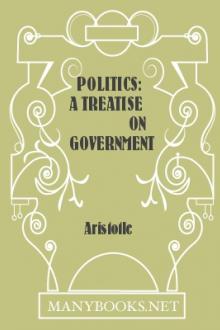
 Free Download
Free Download
